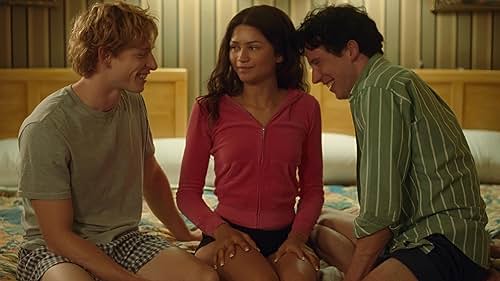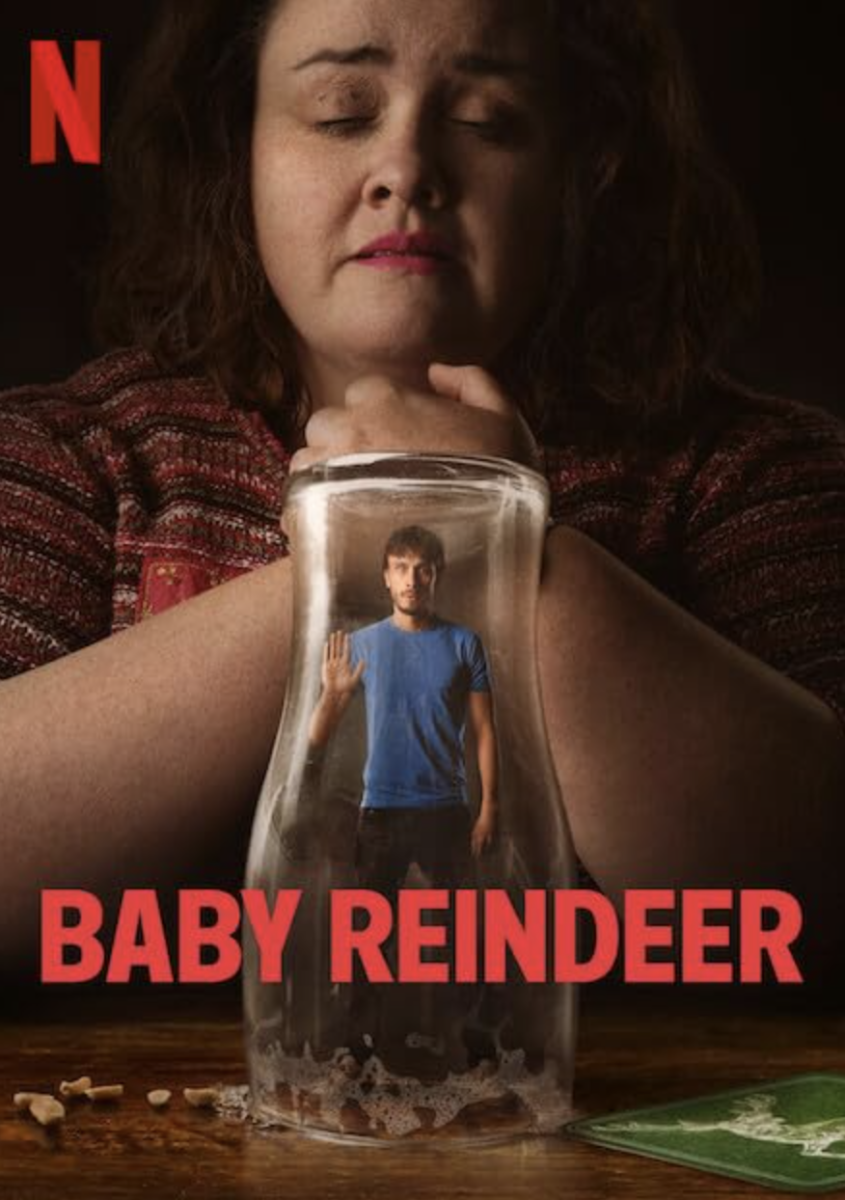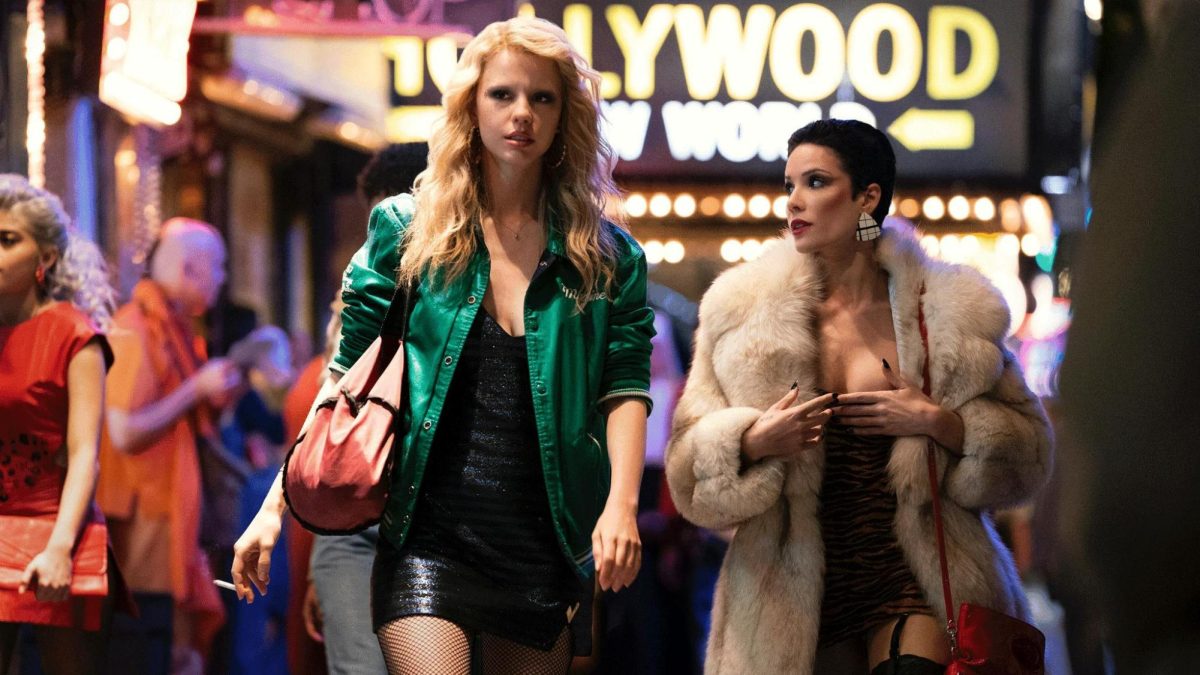
Hubris, hubris, hubris. From Ozymandias to Robert Durst, excessive pride has knelt the most untouchable humans.
The excellent HBO documentary, “The Jinx: The Life and Deaths of Robert Durst,” culminated in what three decades of law enforcement failed to achieve – the incrimination of Durst, a self-indictment accidentally uttered during the interviews he initiated. Throughout the twisty, tense six-episode run, Durst sat down with director Andrew Jarecki to tell his side of the story. A conspicuously smooth criminal, Durst made headlines for the program when he was arrested just before the finale aired.
Episode one kicks off with a stylized breakdown of the three murder cases closely associated with Durst, heir to one of New York’s wealthiest real estate organizations. Interviews focus on the law enforcement officers who failed to indict or convict him and close friends and families of the victims who relive their anguish. It’s a bleak peek into the past of a madman.
Then you meet the madman. Durst plays it cooler than the other side of the pillow, whether he’s staring down conviction for the murder and dismemberment of his neighbor, Morris Black, or speaking with Jarecki for this documentary. Sure, his gravelly voice lacks a shred of empathy. He also confronts his suspicious activity in a highly cerebral manner – often cutting Jarecki’s questions short, he states the obvious answer, that his activity suggested his guilt. And yet, he never truly comes across as the serial killer the media labels him as.
That’s one of “The Jinx’s” more interesting points. Though a documentary, the program unfurls the 33-year-old mystery of his vanished wife, Kathie, in a cultivated, subjective presentation. Statements from the detectives dismiss Durst’s involvement reasonably – the marriage went sour and Kathie walked away. There’s no crime scene, no body, no witnesses. Meanwhile, Kathie’s friends sound slightly paranoid, stretching for conclusions where none may exist.
Soon, you begin to wonder, what if this man is innocent? Does a jinx hover over him, inexplicably placing him in proximity to disappearances and grisly crimes? Even Jarecki admits a strong personal connection with Durst.
Then the plot thickens. Durst’s friend Susan Berman is found gunned down, while
Durst’s neighbor’s body parts appear in Galveston, Texas, a crime that goes to trial. Early on in the trial, Durst has the jury laughing in admiration of his frank, unapologetic, apathetic statements. Just as he plays Jarecki and coaxes sympathy from the audience, he spins a cut-and-dry murder case into an improbable story of self-defense. The slippery Durst slithers away once again.
Watching “The Jinx,” incredulous at Durst’s evasion of justice, I wondered why the heir would agree to an investigative documentary. Indeed, Jarecki questions Durst’s desires during his first queries. For over 30 years, the man had been the thunderhead of celebrity trials and media speculation. Why step back into the spotlight?
The answer must invariably be that the man thought he could slip away from justice. Perhaps he believed an HBO program featuring him could silence any future questions. From Durst’s expressions, responses and actions, you can surmise that within his mind, he transcended penalty.
Hubris practically simmers off of Durst. He never displays a hint of panic or fear, even when the evidence against him is incontrovertible. The man complacently mumbles on his mic at several points, flirting with self-incrimination throughout “The Jinx.” By agreeing to more interviews with Jarecki, he inevitably heads toward justice.
Whether you suspect him from the start or follow “The Jinx’s” narrative of gradual realization, the program is undeniably unique and enthralling. Jarecki’s direction evokes a sort of reverse-“Gone Girl” scenario, in which everyone suspects that the wife left her abusive husband with no notice and lets him slip away. Even the score evokes a B-sides version of Atticus Ross and Trent Reznor’s dark ambient masterpiece from “Gone Girl.”
Similarly, “The Jinx” resembles HBO’s “True Detective.” The hard lighting, slow-mo reenactments and grim statements spark instant memories of Rust Cohle’s (Matthew McConaughey) nihilistic monologues rambling over shots of a 17-year-old case. This connection extends to every facet of the documentary, especially the haunting intro set to Eels’ “Fresh Blood.”
Perhaps this subjectivity strengthens the documentary, but it also represents some issues with its integrity. The final act, which topped national headlines last Sunday, finally hinted at justice for Berman’s murder, but the hours leading up to it are frustratingly ambiguous.
At first, I thought that Jarecki might’ve suspected Durst’s innocence. The director leaves questionable recollections, like Durst’s explanation of his mother’s death and a detective’s assumptions about a suspicious note, unattended. I wanted him to dig deeper, to point out the obvious holes in these statements. Beyond the last hour, the director retreats from hard journalism and opts to soak in the stories instead.
Furthermore, Durst’s eleventh-hour confession appears terribly convenient. His offhand ruminations foreshadow his guiltiness. Then, in a somewhat scripted soliloquy while still wired in the bathroom, Durst reveals his complicity in all of the murders.
The moment of the forgotten mic concludes “The Jinx” in perfect cinematic fashion. As a documentary, however, it strays far too close to subjectivity, striving for thrills and intrigue rather than excellence in journalism or investigation.
Nonetheless, “The Jinx” captivated me. Packed with chilling indictments, spooky reenactments and tortuous trails, it unspools unsolvable cold cases with a flair for theatrics. It left me with a conflicted sense of manipulation, as if the filmmakers toyed with my perspective or Durst lied straight to my face – but the mystery’s larger-than-life facts mitigate any misgivings I have. Rather than merely revisiting murder files, “The Jinx” treats the truth as if it really is stranger than fiction.
Alexander Frail can be reached at [email protected] and followed on Twitter @AlexanderFrail.


















